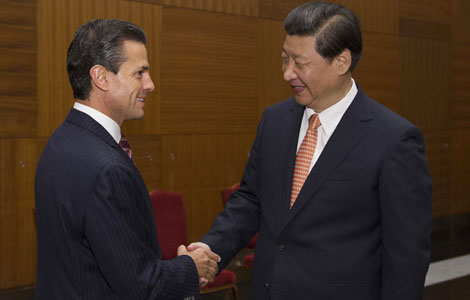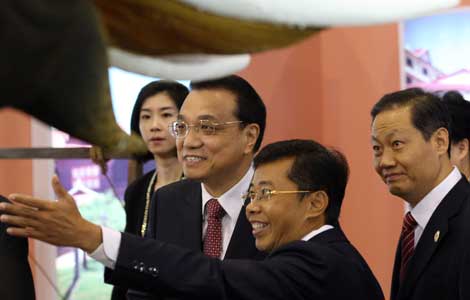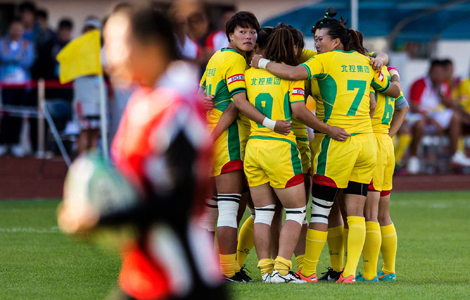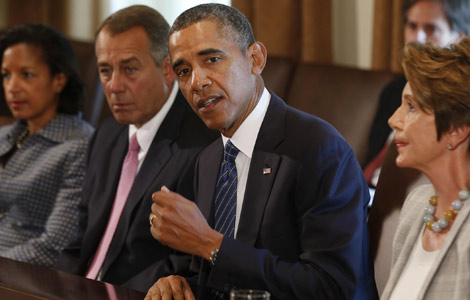Chinese writers claim Apple owes them compensation as trial begins
Updated: 2013-09-05 07:42
By Jin Haixing (China Daily)
|
||||||||
Disputes between US electronics giant Apple and Chinese writers continues as the second trial of a lawsuit opens and writers claim the company sold their books without consent.
The trial, which opened on Wednesday, contains 10 charges of copyright infringement from the 11 writers and Apple is appealing prior rulings of two separate cases in December 2012 and April this year, claiming the ruling has some problems.
So far, the Beijing No 2 Intermediate People's Court has ordered Apple to pay more than 1.14 million yuan ($186,000) to the writers in compensation.
In the current trial, held at Beijing High People's Court, Apple's attorney Zhang Hui said the company agreed to evidence showing infringements in its App Store, but it is not responsible for the China store's operations.
Zhang said that the Apple subsidiary iTunes, based in Luxembourg, was in charge of the China App Store and should be responsible for compensating the writers.
The 11 writers, including Murong Xuecun, Li Chengpeng and Mai Jia, whose books are often on best-seller lists across the country, are members of the Writers' Right Protection Union, which has filed all the lawsuits against Apple.
During the trial, the union's lawyer Wang Guohua, said that Apple was involved in the development of the e-books because all developers had to sign agreements and pay the company to develop them.
Wang added that Apple made a 30 percent profit on all downloads.
But Apple's lawyers said the company did not make a profit on the 10 cases and provided download data and financial documents between the e-book developers and Apple.
Both sides also had different claims over how the compensation amount should be determined.
Apple's attorneys said the compensation should be based on the financial loss to the writers, but the company did not provide any evidence showing that the writers suffered any losses.
Wang said the compensation should be based on several factors according to Chinese laws, including the writer's popularity, the total words in each book and total downloads. Wang said the writers had accepted the ruling from the first two trials though the number was still far less than the market value of the books.
He added the compensation for copyright infringements in China is usually low.
jinhaixing@chinadaily.com.cn
(China Daily USA 09/05/2013 page5)
Most Viewed
Editor's Picks

|

|

|

|

|

|
Today's Top News
Diabetes still on the rise in Chinese adults
US faces substantial losses if Egypt aid halted
Bank of America finally exits CCB
US divided as Obama presses for Syria attack
Xi, Putin meeting to focus on 'mega projects'
Writers sue Apple for compensation
S. Korea a model for innovation: experts
Why China dominates solar panels
US Weekly

|

|













